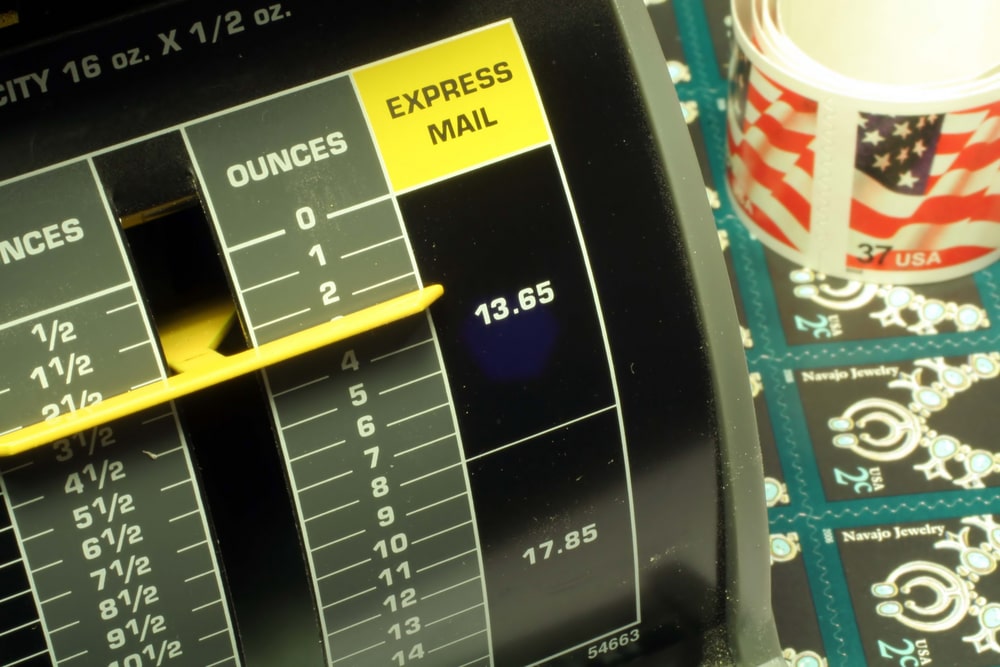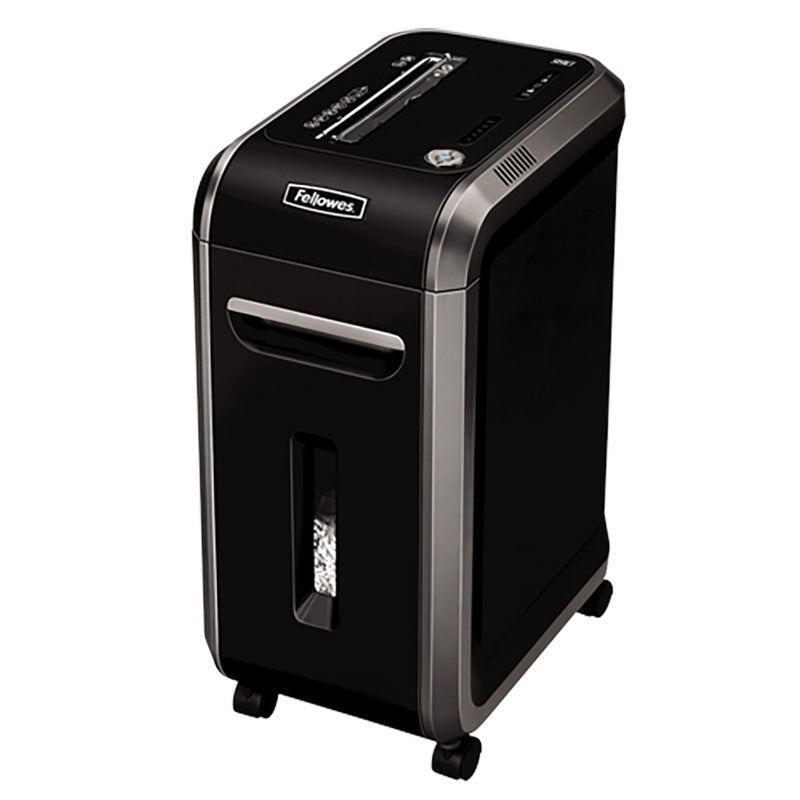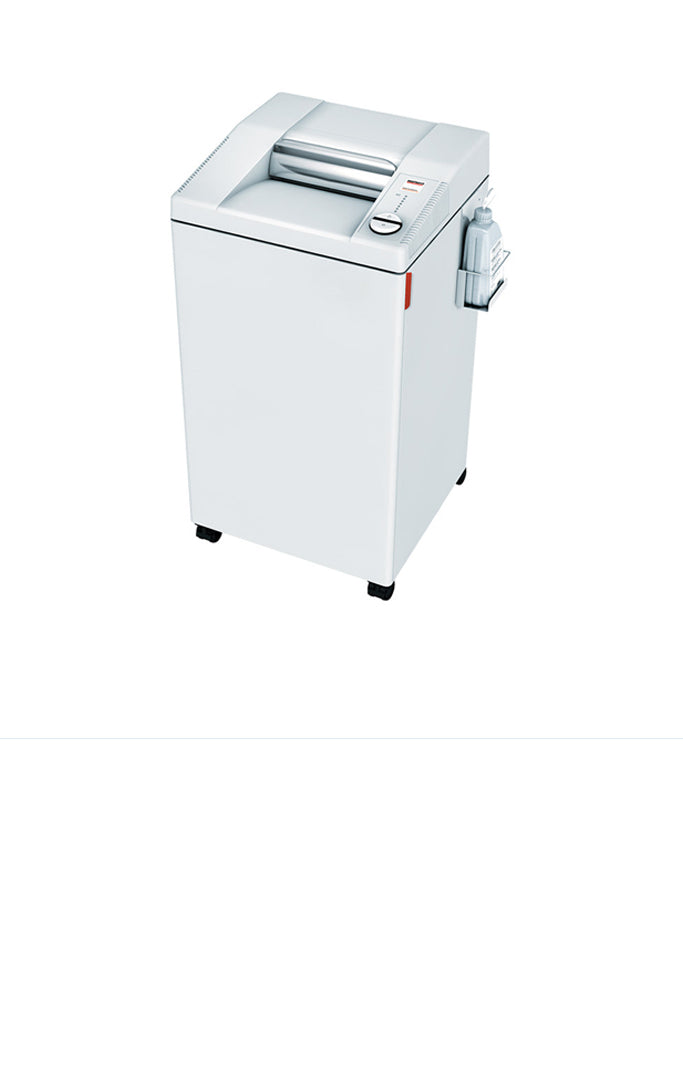If you run a small to medium-sized business, you’re aware that postage can exhaust resources. Sorting and shipping is a time-consuming and expensive task.
With fewer resources, small businesses need to automate processes and create efficient workflows in order to compete with other businesses. A postage meter will make your mail operation not only run more efficiently, but also cheaper. The cost of postage is up to 18% less when you use a postage meter over stamps.
We’ve put together this guide to help you learn
What is a Postage Meter?
A postage meter prints postage directly onto envelopes and small packages, and/or labels.
The system has a scale that measures the weight of an item. It calculates postage cost according to the information you put into the system, such as the mail carrier. Postage meters for small businesses are integrated with all the main mail services such as First-Class Mail, Medial Mail, and Priority Mail.
In a mailroom, this convenient system speeds up the sorting and shipping processes. It also makes sure that you never overpay on postage and packaging.
What’s particularly convenient is that postage meters connect to the Internet, and integrate with your tracking systems. This means you can use it to collect shipping data and other important information.
How Does a Postage Meter Work?
Postage meters are simple to use. First, you place the envelope or package you wish to mail on the scale. Then head to the digital display, and input information such as the size of the item (for example “small letter”), and the mail carrier.
The machine then calculates your postage. You can feed envelopes into the machine, and have it print the postage directly onto the item. In addition, you can insert labels for the postage meter to print on.
What Businesses Use Postage Meters?
Postage meters are ideal for small to medium-sized businesses who send lots of mail or packages. They allow you to quickly and easily process and track postage from an office, store, or your home.
A postage meter is a great time saver for small e-commerce businesses and entrepreneurs who sell their wares. Any small to medium-sized business that sends newsletters and promotional or marketing materials through the mail could utilize a postage meter. Moreover, any organization that sends timely correspondence through the mail such as government agencies and healthcare facilities have a need for a postage meter.
Benefits of Postage Meters

Perhaps you’re wondering if a postage meter is worth it for your business. If your organization sends a significant amount of mail, a postage system is essential.

How Much Do Postage Meters Cost?
Unfortunately, you can’t buy and own your own postage meter. Rather, you must lease the system from an authorized vendor.
Postage meters’ prices are based on its size, capacity, and level of technology. Prices vary from around $20 per month up to $1,000 per month, depending on the machine. You also need to pay an annual licensing fee of $200 to be able to send mail in bulk.
At Whitaker Brothers, we have postage meters to suit a variety of budgets. If you see a postage meter that’s a good fit for your company when browsing our catalog, contact us to request a quote.
When is the Right Time to get a Postage Meter?
It’s a good idea to calculate the return on investment before you decide to lease a postage meter. If you already know how much you spend on a postage meter, subtract the monthly savings you’d get with a postage meter via your mail carrier’s discounts.
Don’t forget to take the time you’ll save into account when considering a postage meter. Purchasing a postage meter will allow you to focus on growing your business. For example, you will have more time to work on strategy, and your team will have more time to work on processes that can’t be automated, like building customer relationships.
In Conclusion
A postage meter is a solid investment for small to medium businesses that want to grow, and save time and money in the long run. If you send a significant amount of mail, it speeds up the mail sorting and shipping processes, and makes your mail operation more efficient. Plus, the advanced technology can collect data that will help you make important business decisions.
Next, you may want to take a look at our us catalogue of postage meters to see which will meet the requirements of your business. Feel free to get in touch if you have further questions that weren’t answered here.









